1.Hippocrates (460-370 BC) - The father of medicine
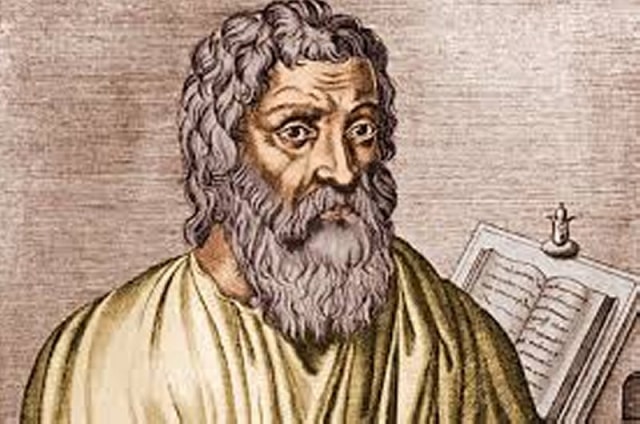 |
| Hippocrates – the father of modern medicine and considered the greatest physician of his time. He is the author of the “Medical Ethics Oath” (Hippocratic Oath) which is still used in many countries including Vietnam. He realized that each person will have different levels of illness symptoms and different abilities to fight the disease. At the same time, he was the first physician to believe that human thoughts, ideas, and emotions originate from the brain, not from the heart as many people of his time thought. |
2. Doctor Edward Jenner (1749 - 1823) - Father of vaccines
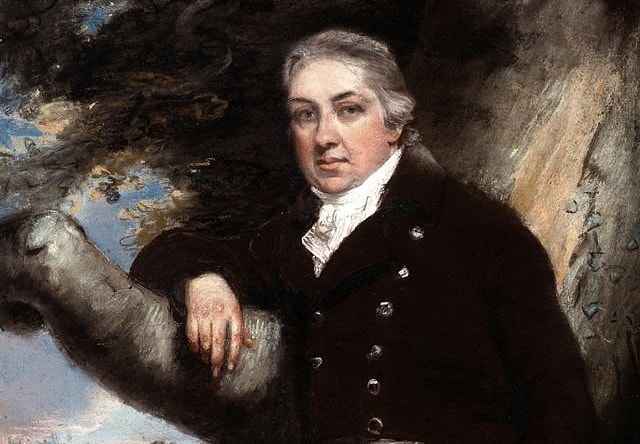 |
| Many people think that Louis Pasteur is the father of vaccines because he is famous for discovering bacteria, infection and creating a vaccine against rabies. However, in fact, this credit belongs to Edward Jenner - an honorary doctor of the Royal Society of London, he affirmed the effectiveness of vaccines in preventing diseases for humans before humanity knew about the existence of viruses and bacteria. |
3.Rene Theophile Hyacinthe Laennec (1781-1826) - Creator of the legendary stethoscope
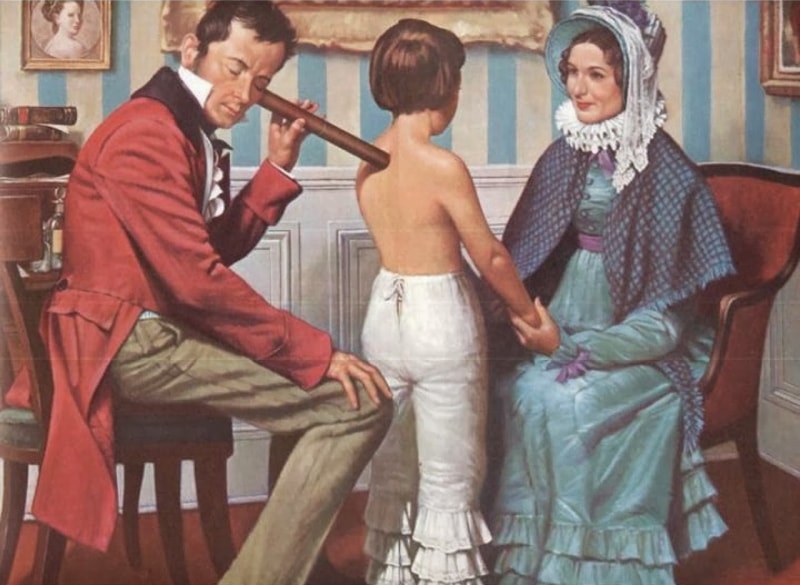 |
Rene Theophile Hyacinthe Laennec was a French physician who invented the legendary stethoscope in 1816. Before that, the only way a doctor could hear a patient's heartbeat was by placing his ear to their chest. However, this sound was not always clear, and it was especially difficult to diagnose if the patient was obese.Through his original creation, Rene Theophile Hyacinthe Laennec was able to hear sounds in the lungs and heart. This instrument also helped in autopsies. |
4. Ignaz Semmelweis (1818 - 1865) – Obstetrician
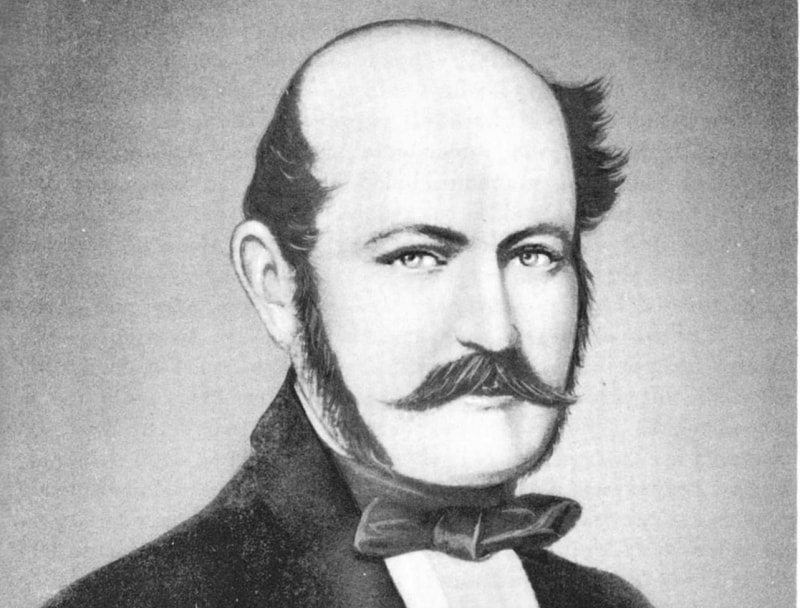 |
| Ignaz Philipp Semmelweis was a Hungarian obstetrician. He asserted that puerperal fever was caused by infection. And he proved that the high maternal mortality rate was due to doctors not soaking their hands in Calcium Chloride solution before delivering babies. He is recognized in the world of medicine as the pioneer of the theory of asepsis and the theory of hospital infection. |
5. Doctor Louis Pasteur (1822 - 1895) - the person who discovered the rabies vaccine
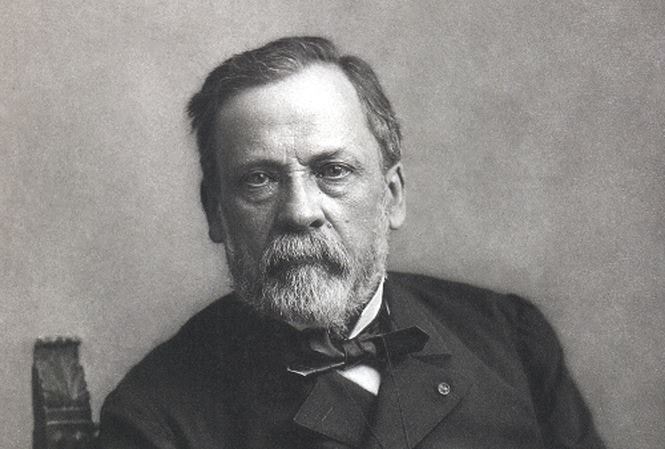 |
| Louis Pasteur was born on December 27, 1822 in the city of Dole (Western France). He completed the greatest works of his life such as: finding the cause of infectious diseases in animals: chicken cholera, rabies... finding vaccines to prevent chicken cholera, anthrax, especially rabies. Within just one year, with this success, more than 2,500 people bitten by rabid dogs were vaccinated and saved. |
6.Dr. Joseph Lister (1827 - 1912) – Father of antiseptics
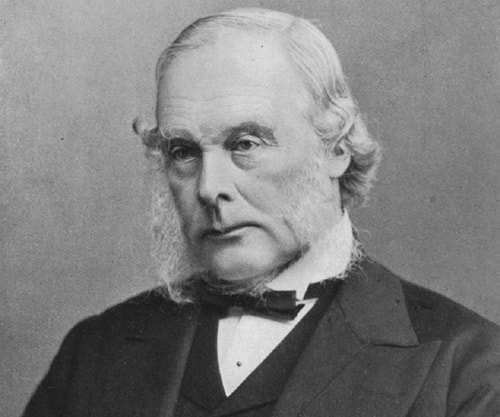 |
| Many patients who seemed to have been saved by surgery later died slowly from complications caused by surgery. No one understood the cause, and no one knew how to prevent this tragic situation. And finally, the person who found the solution was Dr. Joseph Lister when he discovered the role of antiseptics in controlling infectious diseases. This was an important milestone in the history of surgery and also one of the earliest efforts to control and control surgical infections. Lister's life was a great contribution to medicine. |
7.Dr. Elizabeth Blackwell (1821 - 1910) – The first female professor of obstetrics
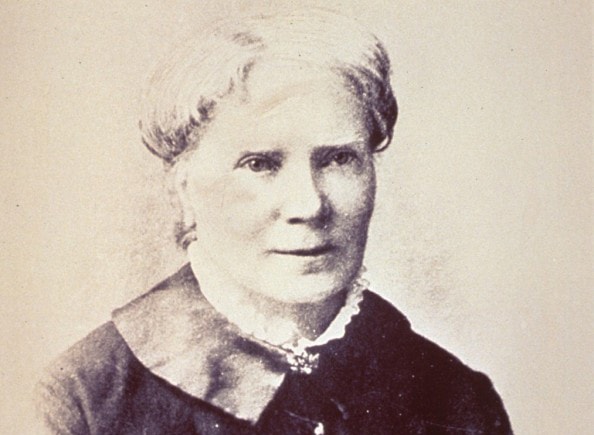 |
| Blackwell was the first woman to receive a medical degree in North America (1849), an unprecedented feat in medical history up to that time. In 1869, Elizabeth Blackwell helped organize the National Health Society in London, England, to provide free medical care to the poor, as well as to establish the London School of Medicine for Women. In 1875, she was appointed the first female professor of obstetrics at the London School of Medicine for Children. |
8. Doctor Frederick Banting (1891 - 1941) – Discovered the hormone Insulin
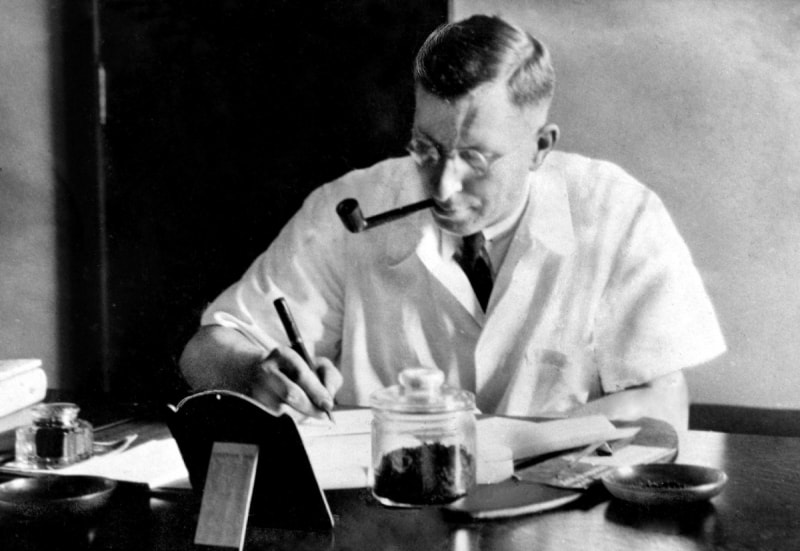 |
| Frederick Banting was a Canadian physician, physicist and physiologist. He discovered the pancreatic hormone Insulin, used in the treatment of diabetes. He was born in Alliston (Ontario) and studied at the University of Toronto. From 1921 to 1922, he discovered Insulin with John Macleod (a Scottish physiologist) and his colleague Charles Best. In 1923, he was awarded the Nobel Prize in Medicine for this great discovery. |
9. Dr. Charles Drew (1904 - 1950) – Discovered how to separate and preserve plasma
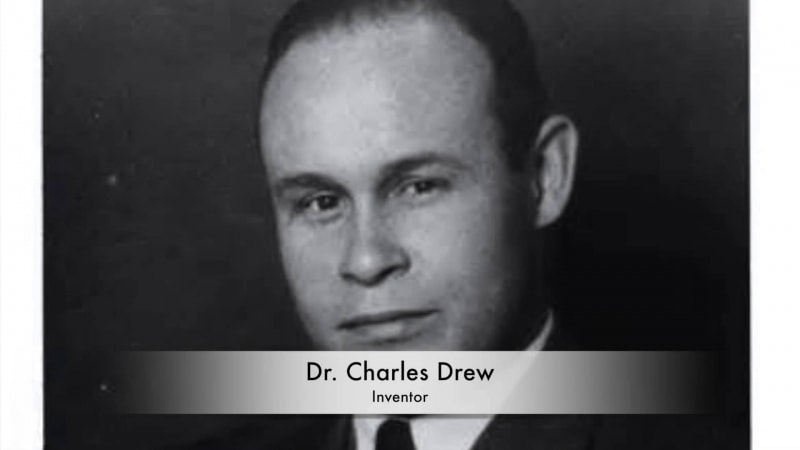 |
| Charles Drew - an African-American doctor who discovered how to separate and preserve blood plasma. This discovery laid the foundation for the establishment of blood banks that played an important role during World War II (1939 - 1945). He created the first blood banks, saving thousands of lives in that most costly war in history. |
10. Henry Gray (1827-1861) - the founder of anatomy
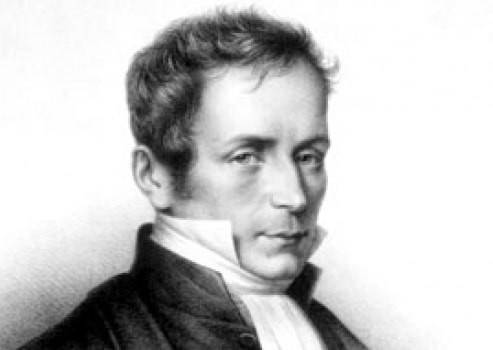 |
Dr. Henry Gray was an English anatomist and author of the famous book Gray's Anatomy which laid the foundation for the science of anatomy.He was elected a Fellow of the Royal Society at the age of 25 and was also a surgical assistant at St. George's Hospital.In 1861, he was a prime candidate for the position of assistant surgeon, but unfortunately he contracted smallpox while caring for a baby boy and died at the young age of 34. |












.jpg)


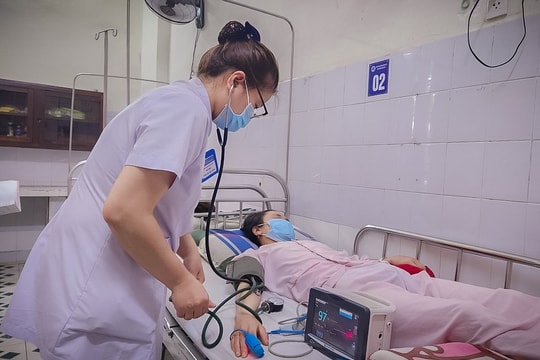

.jpg)
